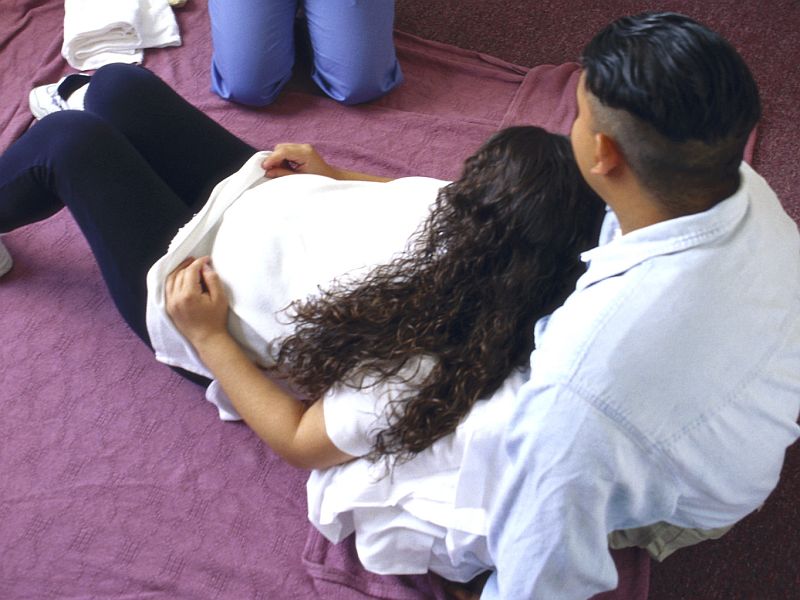Gene Could Explain Why Some Women Don’t Need Pain Relief in Childbirth
3 min read 
WEDNESDAY, July 22, 2020 (HealthDay Information)
A genetic variant that functions as a organic ache reliever may reveal why some women of all ages do not need ache reduction through childbirth, researchers say.
The level of ache and discomfort expert through childbirth differs extensively, so researchers at the University of Cambridge in England determined to investigate why some women of all ages have less ache through labor and shipping and delivery.
“It is unconventional for women of all ages to not ask for gasoline and air, or epidural for ache reduction through labor, specifically when offering for the initially time,” said co-guide creator Dr. Michael Lee, a specialist in ache medication in the Division of Anesthesia.
“When we analyzed these women of all ages, it was very clear their ache threshold was commonly a great deal better than it was for other women of all ages,” he said in a university news launch.
Lee and his colleagues assessed women of all ages who failed to ask for any ache reduction through an uncomplicated vaginal shipping and delivery of their initially infant. To exam their ache threshold, researchers utilized heat and stress to their arms and experienced them plunge their palms into icy water.
When compared to a handle team of women of all ages who required ache reduction when providing birth, women of all ages in the exam team experienced better ache tolerance for heat, chilly and mechanical stress.
No distinctions were discovered in the groups’ emotional and thinking capabilities, suggesting a variation in their ability to detect ache.
Genetic checks on the two teams of women of all ages discovered that individuals in the exam team experienced a better-than-envisioned event of a uncommon variant of the gene KCNG4. About one in 100 women of all ages have this variant.
This variant boundaries the ability of nerve cells to send out ache indicators to the brain, in accordance to authors of the study revealed July 21 in the journal Cell Reports.
“The genetic variant that we discovered in women of all ages who sense less ache through childbirth sales opportunities to a ‘defect’ in the development of the swap on the nerve cells. In point, this defect functions like a organic epidural,” said study senior co-creator Ewan St. John Smith, a team leader in the Department of Pharmacology.
“It signifies it will take a a great deal better signal — in other phrases, more robust contractions through labor — to swap it on. This helps make it less very likely that ache indicators can access the brain,” Smith said in the launch.
Scientists said they hoped the discovery would guide to improvement of new medication to take care of ache.
“This solution of studying men and women who display unpredicted extremes of ache knowledge also may discover wider application in other contexts, supporting us fully grasp how we knowledge ache and develop new medication to deal with it,” said study senior co-creator Dr. David Menon, head of the Division of Anesthesia.
— Robert Preidt

Copyright © 2020 HealthDay. All legal rights reserved.
SLIDESHOW
Conception: The Wonderful Journey from Egg to Embryo
See Slideshow
References
Resource: University of Cambridge, news launch, July 21, 2020







